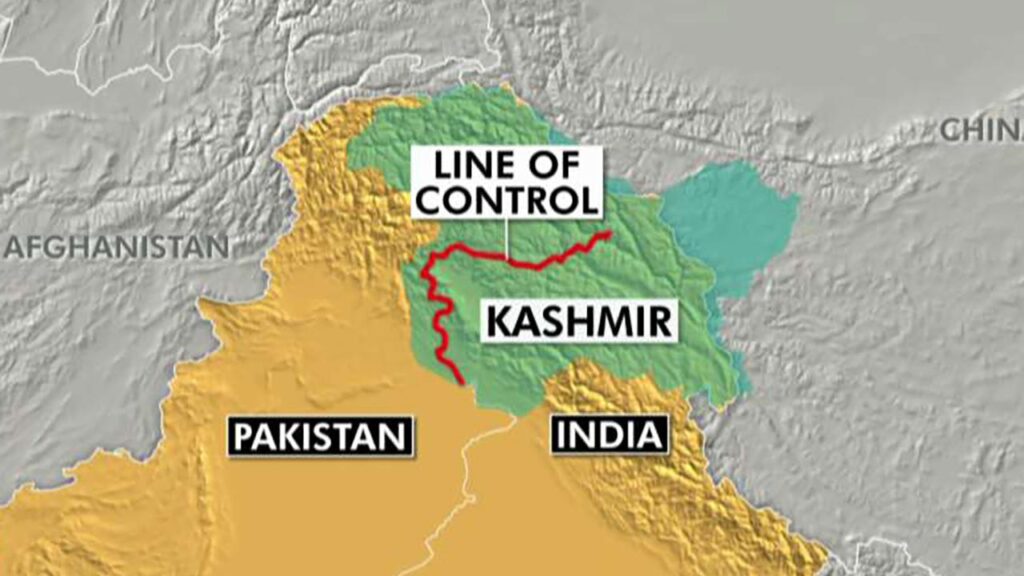Federal Defence Minister Khawaja Asif said on Monday that if talks were held with India, the discussion will centre around three points which include Kashmir, water issues, and terrorism.
Underscoring the importance of the moment, the minister emphasised that this was a golden opportunity for both countries to resolve the decades-old Kashmir dispute.
Speaking in an interview with a private TV channel, Asif said that Kashmir, terrorism, and water are three longstanding issues that have defined relations between the two nations for the past 76 years.
He asserted that these matters must be discussed. He also noted that U.S. President Donald Trump advanced the issue by stating that Kashmir should be part of the conversation.
He highlighted that Pakistan has been the biggest victim of terrorism, and now is a golden opportunity for both countries to address and resolve this issue. Terrorism, he said, has plagued the region for the past 20 to 30 years. He stressed that there is no room for suspending the Indus Waters Treaty.
He further stated that nearly all wars between Pakistan and India have been fought over Kashmir, including the most recent conflict a few days ago.
“Indian Prime Minister Narendra Modi has tried to push the region into chaos, but the Pakistan Armed Forces stood like an iron wall in the face of Indian aggression and delivered a strong, fitting response,” he added.
Read more: Pakistan, India DGMOs discuss peace prospects over hotline after ceasefire
Asif said that India is currently licking its wounds, and even its PM is being harshly criticised in the Indian Parliament. He described this as a diplomatic victory for Pakistan, noting that apart from Israel, no country is standing with India. Pakistan, he added, has demonstrated both restraint and military strength, earning global recognition.
He claimed that Pakistan has never achieved such a significant success in the past 77 years.
The minister concluded by saying that now all regional issues should be resolved and that poor people in the region deserve the right to live in peace.



